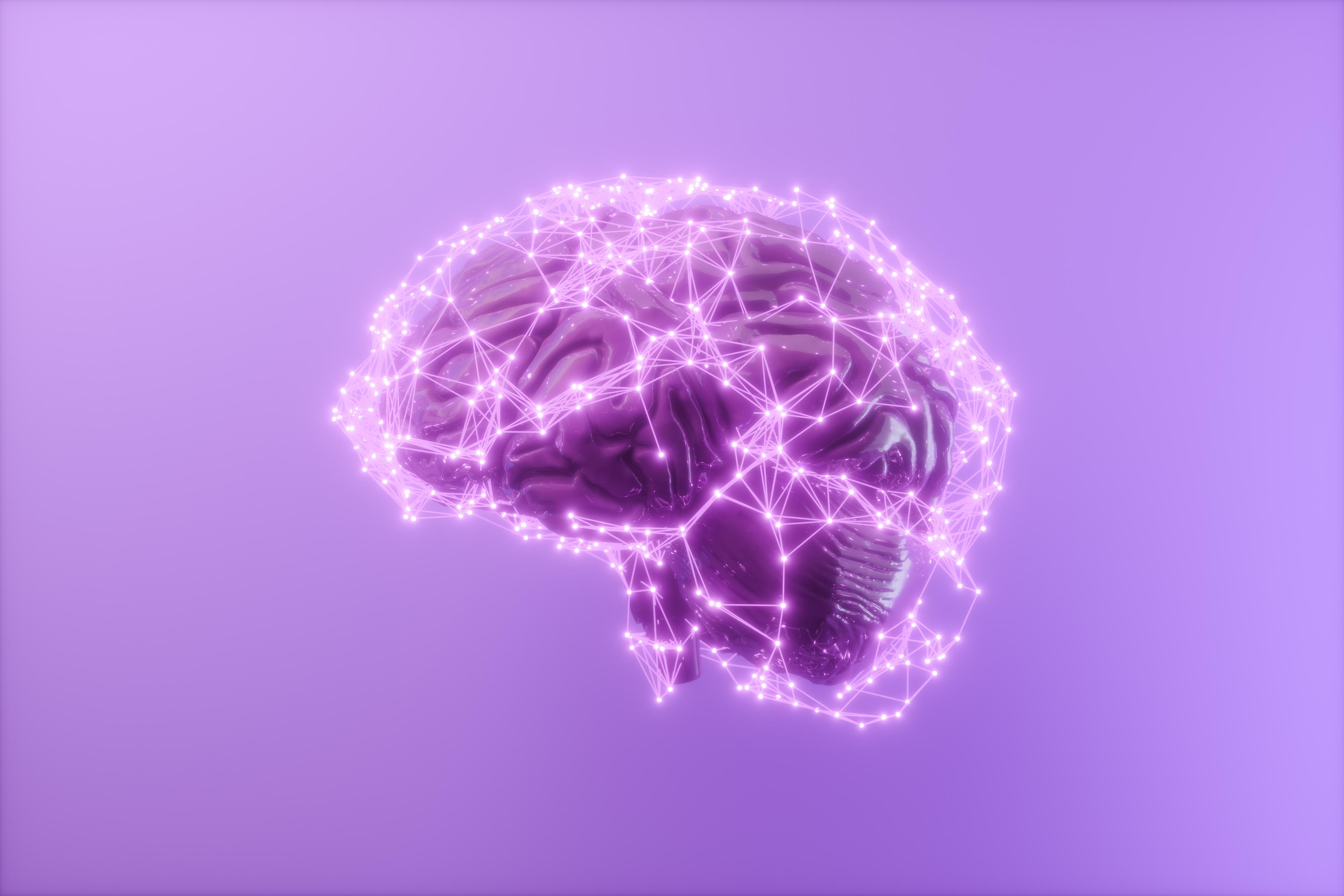
While you may be having trouble understanding your natural signals now, your body has been sending you all kinds of different cues to help you identify specific needs since the time you were born. Think about babies: when they’re hungry or tired, they cry. Since these tiny humans aren’t able to figure out what they want, crying is their only way of communicating distress. It makes sense, right? But as we move through life, certain obstacles can interfere with this simple system.
Eating disorders or other traumas can complicate our ability to figure out what our bodies are telling us. However, with time and proper attention to your body, you’ll eventually be able to decipher its messages about hunger and fullness (seriously!). Not only will you be able to tell when you have an appetite, but you’ll be able to discern how hungry you are and if/when that hunger has been satisfied.
Different people have different cues for hunger and fullness. While some may experience hunger as a stomach rumble, others may get a headache or feel weak. Some may feel full sooner than they anticipate and others, depending on the stage of their recovery, may feel uncomfortable with even a slight feeling of hunger or fullness.
Identifying these body cues and figuring out when your body is telling you to either eat or stop eating is a process that may involve a lot of trial and error. But as you learn how your body communicates with you, you’ll learn more about yourself and strengthen your connection with your body.
Questions to help you tap into your hunger and fullness cues
As you work with your team, you can think about the following questions:
- How do you know when you are hungry?
- Where do you feel these sensations in your body? Is it a physical feeling? A mental hunger? Do you feel sensations in the same place every time you are full?
- Do you always experience hunger in the same way or does it vary depending on the day or the time of day?
- Does your hunger come on gradually or does it arise suddenly?
- How do you know when you feel full?
- Does fullness happen at the same time you feel satisfied or are these two different feelings?
- What makes you decide whether to start eating or stop eating?
- What happens in your body if you do not listen to your hunger? What happens if you do not listen to your appetite?
- Do you eat what you truly want? How does your body feel if you don’t eat what you desire?
- Does your desire for food change based on how hungry or full you may feel? Does the taste of these foods change because of these factors?
- Can you remember the last time you ate and felt satisfied after?
- Can you remember the last time you were hungry and listened to those feelings of hunger?
- Do your feelings about yourself or your body change depending on whether you feel hungry, full, or satisfied?







